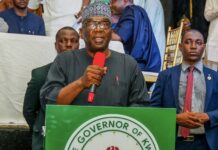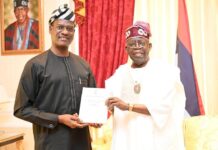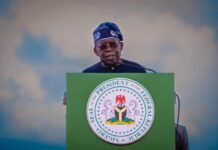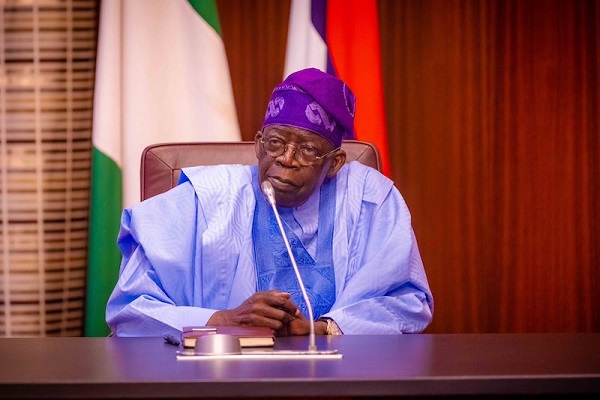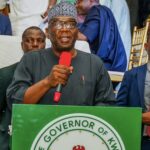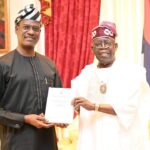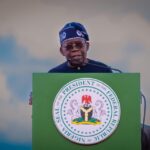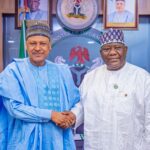President Bola Ahmed Tinubu during the 2024 May Day celebrations pledged to explore the implementation of a national living wage, addressing the Nigerian workers’ living conditions comprehensively. The President’s commitment came during a vibrant ceremony at Eagle Square, Abuja, as part of his administration’s efforts to prioritize the welfare of the workforce.
Acknowledging the crucial role of Nigerian workers in the nation’s progress, President Tinubu, represented by Vice President Kashim Shettima, emphasized their pivotal position in steering Nigeria towards a just and progressive society. He expressed gratitude for their unwavering support and highlighted their contributions to stabilizing and enhancing the country’s prosperity.
Vice President Shettima delivered the President’s message, titled “Solidarity in Action: Collaborative Governance, Empowered Workers,” lauding the workers for their dedication and patience in the face of economic challenges. He commended their partnership in implementing government policies aimed at transforming Nigeria positively.
President Tinubu assured workers that their concerns regarding wages would soon be addressed. He hinted at the government’s readiness to shift from a minimum wage to a national living wage, pending recommendations from the 37-member Tripartite Committee on Minimum Wage established earlier in 2024. Despite the committee’s previous inability to reach a consensus, President Tinubu expressed confidence in resolving the matter promptly.
Addressing broader national issues, President Tinubu underscored the government’s commitment to confronting security challenges, including banditry, kidnapping, farmer-herder conflicts, and terrorism. He stressed the necessity of peace and unity for building a just and equitable society that caters to every citizen’s needs.
The President’s announcement signifies a potential shift towards a more comprehensive approach to addressing workers’ welfare, aligning with the theme of “People First” and demonstrating a collaborative effort between the government and the labor force.






